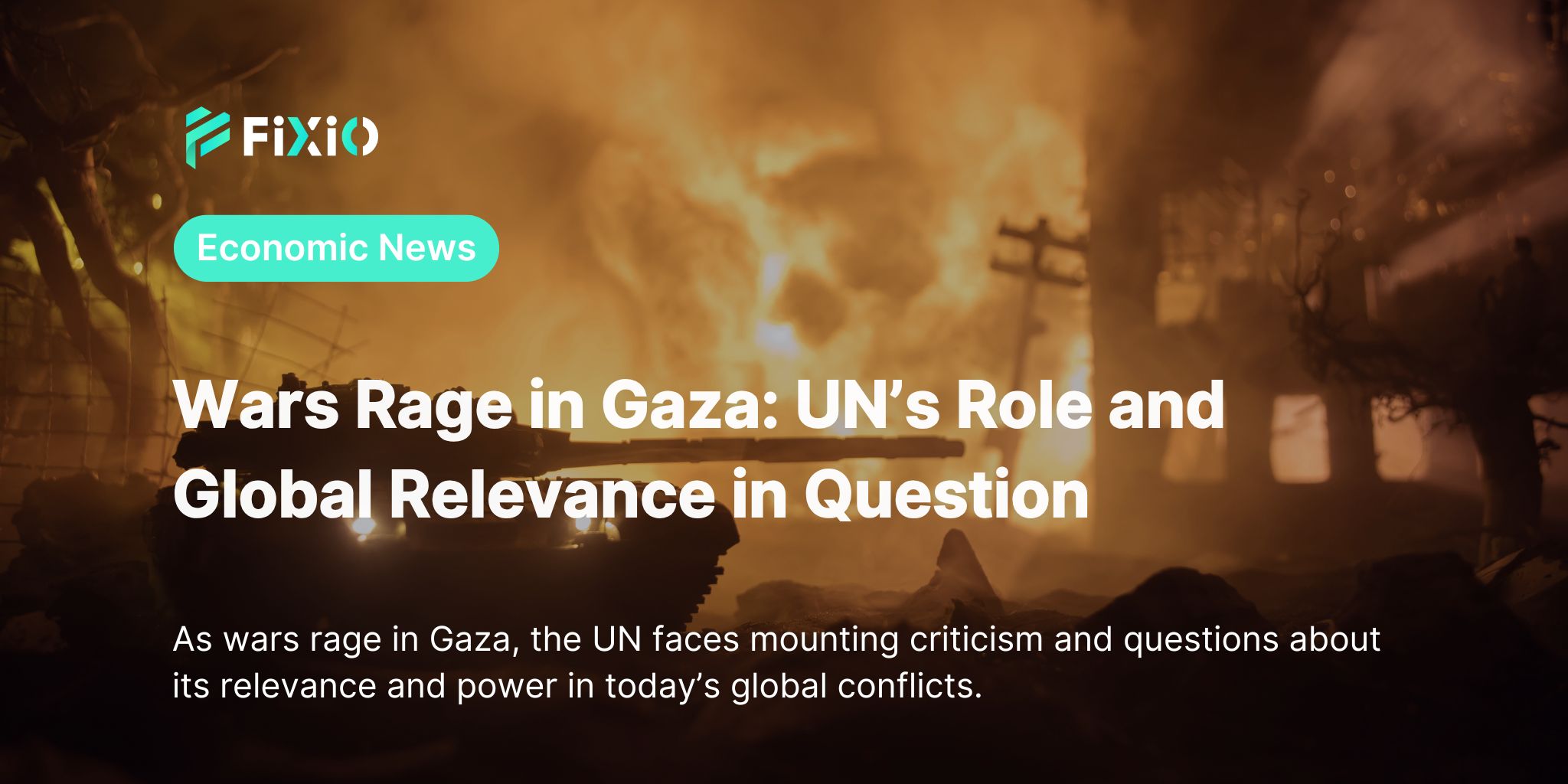
As wars rage in Gaza, Ukraine, and beyond, more people are asking: Does the United Nations still matter? Can it really stop wars, protect the vulnerable, or guide the world toward peace as it once promised? The United Nations was created in 1945, just after the Second World War. It aimed to maintain international peace, uphold human rights, and promote friendly relations among nations. The world needed a stronger institution after the League of Nations failed to stop catastrophic conflicts. With 50 founding countries, the UN’s mission was bold, and for decades, it offered hope that global cooperation could solve even the toughest crises. But today, as wars rage in Gaza and the war in Ukraine drags on, the UN’s limits are on full display. The Security Council—the UN’s most powerful body—often cannot act because its five permanent members (the United States, United Kingdom, France, Russia, and China) all hold veto power. This means that even when the world calls for action, a single “no” can block intervention, leaving the UN unable to enforce peace or protect civilians.
Recent polls show that public trust in the UN is fading. Many believe the organization is either a passive observer or simply an extension of the interests of powerful countries, rather than a force for good for all people. This erosion of legitimacy matters, because without trust, the UN loses its unique ability to set global standards and rally nations together. It’s not all gloom, however. The UN has had important successes—such as peacekeeping in Namibia, Cambodia, and Mozambique. These missions have helped war-torn societies recover and rebuild. But high-profile failures—in Rwanda and Srebrenica—revealed the limits of UN peacekeeping, especially when powerful nations disagreed or didn’t fully support missions. With wars raging in Gaza and new crises emerging in the Middle East, the UN’s limitations are again on display. Israeli airstrikes on Iranian targets, civilian casualties, and humanitarian disasters fill the headlines. The Security Council chambers remain silent, and no resolution is passed. The world watches—and so does the UN. This raises the hard question: What is the point of a global body if it cannot prevent or stop war? The structure of the UN reflects a world order set in 1945. The five permanent members were the victors of World War II, and they set rules that have rarely changed. As new power blocs rise—like BRICS or the African Union—the UN faces competition for influence. Yet, only the UN can give international actions the “legitimacy” that comes from broad, multilateral agreement. Still, the inability to act decisively in Gaza or Ukraine damages its standing. Critics say reforms are urgent. Many call for an expanded Security Council, fewer vetoes, or a stronger focus on human rights. But real reform has stalled for decades. As wars rage in Gaza and public trust erodes, the UN faces a true crossroads. Does the world still need a global forum where nations talk, even if they rarely agree? Most experts say yes, because—even with its flaws—no other organization can provide the same level of international legitimacy or coordination on issues like health, environment, and humanitarian crises.
Real UN reform could mean:
But above all, reform needs political will—from both established and rising powers. Without it, the UN may continue to fade, just as wars rage in Gaza and across the world. The world is at a turning point. The UN’s credibility is at stake. As wars rage in Gaza and new crises emerge, it is clear that the organization’s core strengths—its legitimacy, its convening power, and its ability to set standards—remain vital. But without decisive action and reform, the UN risks becoming a bystander, not a leader, in the fight for peace and human rights. Stay informed with the latest Forex trading news and analysis. Visit our website now at: https://fixiomarkets.com/en/prex-blogs
As wars rage in Gaza, the UN faces mounting criticism and questions about its relevance and power in today’s global conflicts.
Superior trade execution & trading conditions with the NDD method.

The online FX industry provides a platform for investors worldwide to engage in the buying and selling.

Subscribe to our daily newsletter and get the best forex trading information and markets status updates
Trade within minutes!
Comment (0)